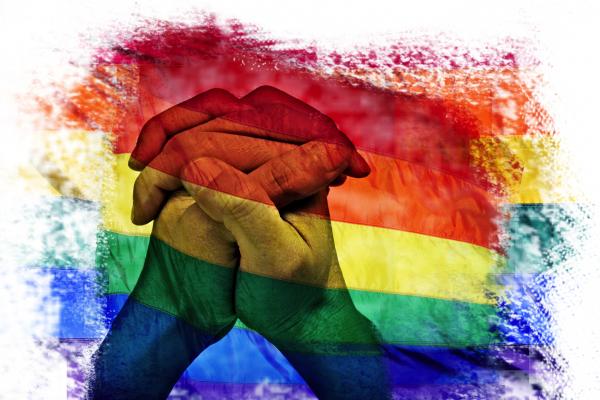The year is 2005. We are sitting down to dinner with our friend, Michael, in his apartment. Michael is gay and he’s wrestling with what that means. He is also searching for a church and he is drawn to oursbecause his theology and his understanding of God appear to align well with it. At some point in the meal he stops the conversation and asks bluntly,
"Do you think I would be welcome at your church? Is there is a place for someone like me?"
Jason and I exchange a look and the table falls silent. Finally I look up at Michael and say quietly,
“No. No, I don’t think there is. I’m so sorry.”
Fast forward several years. We’re in a new city and a new church. Jason gets an email from someone interested in checking out said church the following Sunday. She explains that she is gay and believes God made her that way. She’s not interested in debating the point. She’s just interested in finding a church. She thinks ours might be a good fit and asks the exact same question that Michael asked:
"Do you think I would be welcome at your church? Is there is a place for someone like me?"
Jason agonized over that email for days and it pained him immensely to write her back and say no. No, I don’t think there is. I’m so sorry.
Read the Full Article

